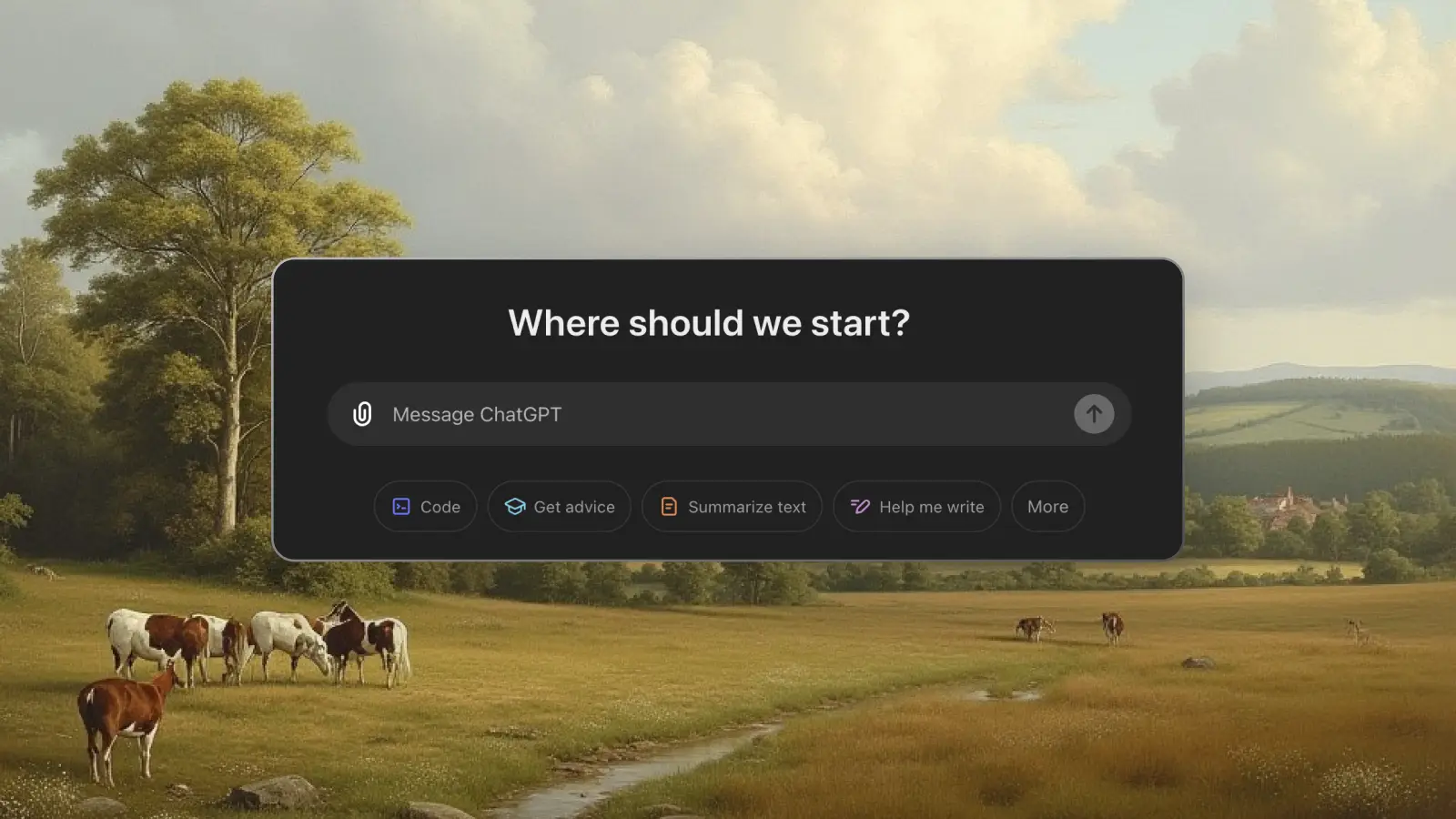Hey Chat – write an article on the benefits of blogging: discuss traditional Best Practices and how this has changed since the release of generative-AI…
We’re all well versed in the benefits of keeping a well-maintained blog for our business, and the associated Best Practices: post regular, relevant articles and your insights and acumen will be rewarded by Search Engines and potential clients alike. However, since the release of AI language models like Chat-GPT, writing an article that may have previously required a degree of genuine expertise can now be generated with the click of a button. Ctrl C; Ctrl V; Publish. Job done. In addition to this – and perhaps an unpopular opinion for any copywriters reading (sorry, sorry, shield your eyes) – the content will likely be passable. No, the prose is not going to give Hemingway or Faulkner a run for their money, but for clear, concise and (mostly) accurate content, it does the trick and in a fraction of the time.
Unsurprisingly, plenty of businesses are using this approach in an attempt to turbocharge their SEO, flooding their site with keyword-rich content to drive organic traffic. The trouble with this tactic is that literally anyone and everyone can do it including, of course, their competitors which one might argue rather negates the competitive edge.
Then there’s the issue of trust. In less than 5 minutes, with little to no editing, this writer could generate and publish a blog about the validity of String Theory. There’s even an (albeit small) possibility that a reader might learn something from it. But leaving aside the ethics of feigning expertise, it’s an entirely pointless exercise – like using Google on Trivia Night. There is no well of knowledge or experience that the author is drawing from. The reader would be wise to skip the middle-man and go straight to Chat-GPT themselves. Or better yet, find an actual credible source: someone who has something of value to share.
Google and other search engines have reached similar conclusions and have responded by changing how their algorithms prioritize content. Placing less of an emphasis on keyword density and volume in favour of author credibility, content depth and audience engagement, the intention is to reward thoughtful, authentic and human-driven blogs. In short, they aim to point users towards those actual credible sources.
We hope to be one ourselves. We always found the most valuable design blogs gave a peak behind the curtain into a studio’s process and philosophy, and gave insights into their influences. We’ll be using this space for short-form thoughts and reflections on the industry and our own creative process… and maybe some dumb stuff, just for fun. We hope you’ll join us.


